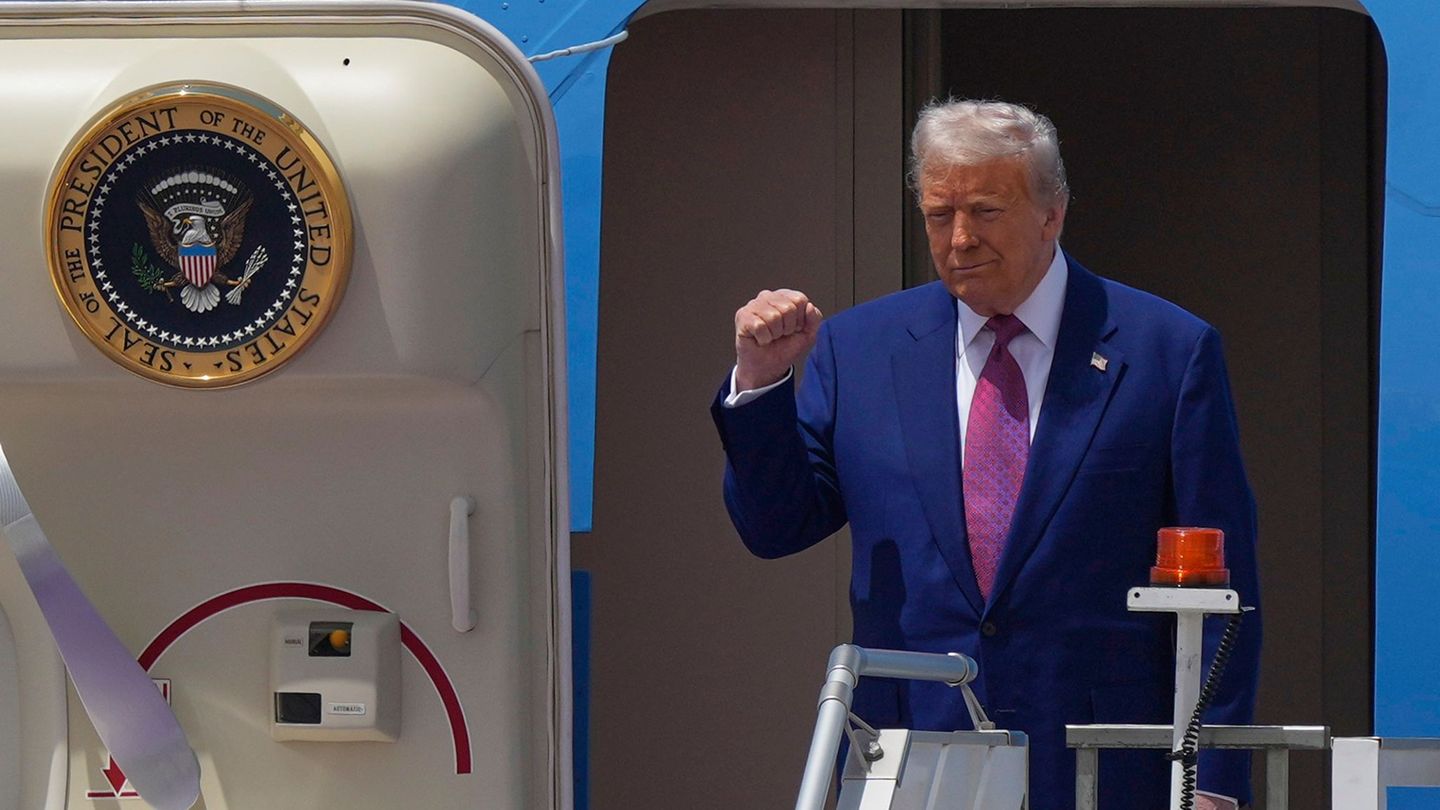The Minister of Labor of the Nation, Rachel “Kelly” Olmos, gave new details of the $60,000 bonus for registered workers, among which he clarified that it will not be the same for everyone and that some could charge less than that figure, and that those who receive it will not be able to buy dollar savings. At the same time he reported that companies that do not pay it will be fined.
Fines for companies that do not pay the $60,000 bonus
Speaking to FutuRock, The minister indicated that there will be penalties for companies that do not grant the bonus, which corresponds to those who have salaries of up to $400,000 net (around $481,000 gross, depending on discounts) for the month of August.
“If they don’t pay, they have a violation. They will have to pay it and, on top of that, a fine,” warned the official, who assured that they will rely on the unions for inspection.
Olmos highlighted the role that the unions will have to detect the faults of the employers. “We must have the accompaniment of the unions to identify those companies that do not pay or the worker has anonymous channels for the complaint. That is where the control works ”, he had indicated yesterday.
Olmos affirmed that the fixed sum of 60,000 pesos “is to accompany the workers in the impact of the devaluation imposed by the International Monetary Fund (IMF) that brought macrismo to Argentina.”
In statements made to Radio Provincia, the official referred to the fixed sum of 60,000 pesos that, in two installments to be collected in September and October, must be received by those workers – from the private and public sectors – who have had salaries of less than 400,000 pesos for all concepts in the month of August.
“The idea is to be able to compensate the inflationary jump due to the unwanted devaluation but imposed by the IMF,” he reiterated.
Within this framework, it explained that “in microenterprises, enterprises with up to 10 workers, the State assumes 100 percent of the cost; in those SMEs with up to 110 or 120 workers, the State contributes 50% of the cost; and in medium and large, they must absorb it”.
Asked about what will happen in the case of companies that do not pay the fixed amount, Olmos replied that it will be necessary to have “the accompaniment of the unions to identify the companies” and specified that, in addition, “workers have anonymous channels to denounce the breach”.
He then stated that although the national government does not have “competence to impose the decision in the provinces or municipalities”, the Minister of Economy and presidential candidate of the Union for the Fatherland (UxP), Sergio Massa, invited the governors and mayors to do so. “.
“There are two projects here: the government’s, which is about production and work; and the opposition’s, which only proposes the adjustment as Patricia Bullrich did when she cut wages by 13 points as Minister of Labor,” Olmos concluded.
Source: Ambito




